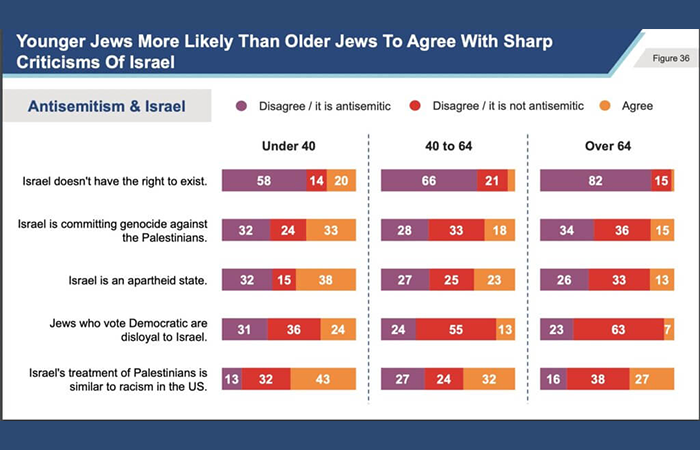Ahmed Abbes and Jonathan Rosenhead cite a recent declaration signed by more than 1000 academics, artists and intellectuals in support of their claim that western observers increasingly recognize Israel as an apartheid state.
Although a number of hugely significant events, including Benjamin Netanyahu’s removal from power, have occurred this year, the authors claim that future historians will recall it as the year when Israel was increasingly recognized as an apartheid state. In support of this claim, they cite a B’Tselem report (A regime of Jewish supremacy from the Jordan River to the Mediterranean Sea: This is apartheid) published on January 12, a Human Rights Watch (HRW) report (A Threshold Crossed: Israeli Authorities and the Crimes of Apartheid and Persecution) published on April 27th, and the Declaration which, since being made public, has attracted more than 1,000 signatories.
In this context, it is easy to forget just how controversial the label once was. In 2006, the former U.S president Jimmy Carter was widely criticised after he simply used the word in his book title (Palestine Peace Not Apartheid). And eleven years later, a UN ESCWA (United Nations Economic and Social Commission for Western Asia)-commissioned report (“Israeli Practices towards the Palestinian People and the Question of Apartheid“) was ferociously attacked by the US and Israeli Ambassadors to the United Nations, who demanded that the UN Secretary-General repudiate and withdraw the report. When he agreed to do this, and asked Rima Khalaf, the Executive Secretary of ESCWA, to remove the report, she refused and then submitted a resignation letter in which she set out her principled reasons for refusing.
But the tide has now turned, and the Israeli government finds it more and more difficult to deny and refute the apartheid label, which is increasingly used, especially in the west.




